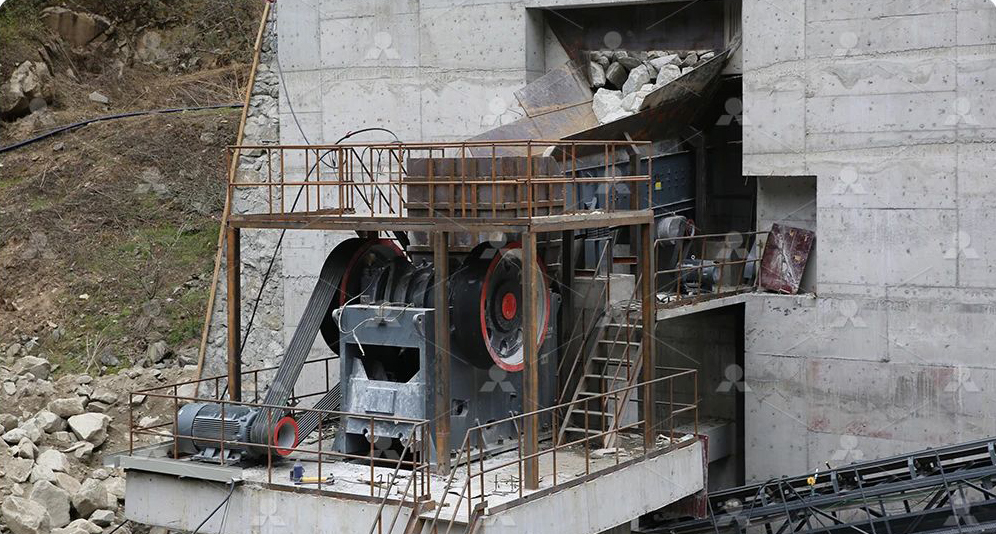The Application of Jaw Crushers in Gold Production
Jaw crushers play a crucial role in the production of gold, providing an efficient and reliable solution for crushing and reducing the size of gold-bearing ores. This article explores the features, advantages, and applications of jaw crushers in gold production, highlighting their importance in enhancing productivity and efficiency.
Features of Jaw Crushers
Jaw crushers are known for their robust construction and reliable performance. Some key features include:
- High Crushing Efficiency: Jaw crushers are designed to handle a wide range of materials, including hard and abrasive ores, making them ideal for gold production.
- Durable Construction: Made from high-quality materials, these crushers can withstand the harsh conditions of mining operations.
- Adjustable Output Size: The adjustable settings allow for precise control over the output size, ensuring the material is suitable for further processing.

Advantages of Using Jaw Crushers in Gold Production
- Increased Productivity: Jaw crushers can process large volumes of gold ore quickly, increasing the overall productivity of the mining operation.
- Cost-Effective: These crushers are cost-effective solutions for primary crushing, reducing the need for multiple crushing stages and minimizing operational costs.
- Versatility: Jaw crushers are versatile machines that can be used in various stages of gold production, from initial ore extraction to secondary crushing.
- Low Maintenance: The robust design and simple mechanism of jaw crushers result in low maintenance requirements, reducing downtime and maintenance costs.
- Energy Efficiency: Modern jaw crushers are designed to be energy-efficient, reducing the overall energy consumption of the mining operation.
Applications in Gold Production
Jaw crushers are used in several stages of gold production:
- Primary Crushing: After extracting the gold ore, jaw crushers are used to reduce the size of the large rocks, making them easier to handle and process in subsequent stages.
- Secondary Crushing: In some cases, jaw crushers are also used for secondary crushing, further reducing the size of the ore before it undergoes more refined processing techniques.
- Ore Processing: The crushed gold ore is then processed using various methods, such as grinding, flotation, and cyanidation, to extract pure gold. Jaw crushers ensure that the ore is crushed to the optimal size for these processes.
- Recycling of Mining Waste: Jaw crushers are also used to recycle mining waste, such as tailings, reducing the environmental impact of gold production and promoting sustainable practices.
Case Studies and Success Stories
Several gold mining companies have reported significant improvements in productivity and efficiency after implementing jaw crushers in their operations. For example, a gold mining company in South Africa increased its production by 15% and reduced operational costs by 10% after upgrading to modern jaw crushers. Another company in Australia reported a 20% increase in gold recovery rates due to the precise control over the output size provided by jaw crushers.
Conclusion
Jaw crushers are essential for efficient and cost-effective gold production. Their robust construction, high crushing efficiency, and low maintenance requirements make them ideal for use in various stages of gold mining operations. By investing in modern jaw crushers, gold mining companies can enhance their productivity, reduce operational costs, and promote sustainable practices. As the demand for gold continues to rise, the importance of jaw crushers in gold production will only grow, making them a vital component of the mining industry.
- > High-Demand Mining Ball Mill Widely Used in Cement Production Lines
- > Impact Crusher for Granite: The Best Solution for High-Efficiency Crushing
- > Jaw Crusher in South African Quarries: Key to Efficient Stone Crushing
- > The Growing Use of Mobile Crushers in Africa
- > The Key Role of Jaw Crushers in Indonesia’s Limestone Crushing Lines
- > Cone Crushers: The Core of Brazil’s Iron Ore Crushing Lines
- > The Application of Impact Crushers in the Mining Industry
- > Single-Cylinder Cone Crusher in Iron Ore Processing


Online




Message
